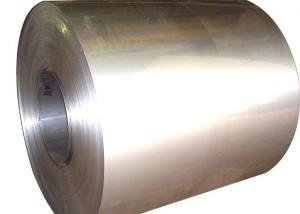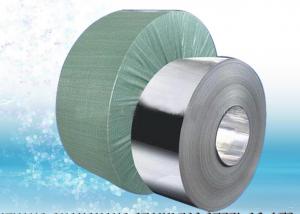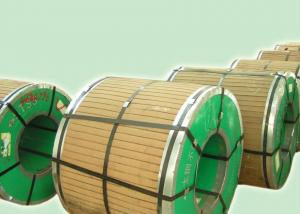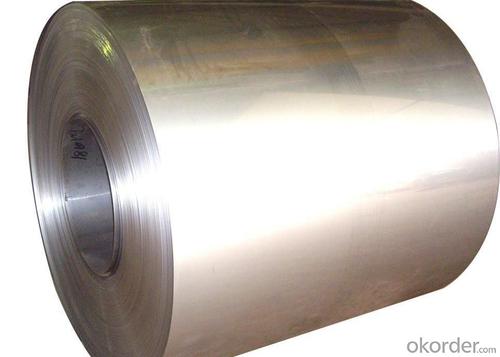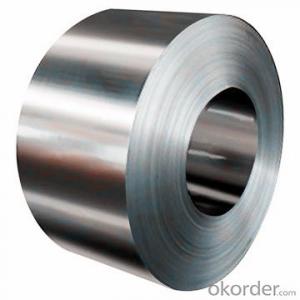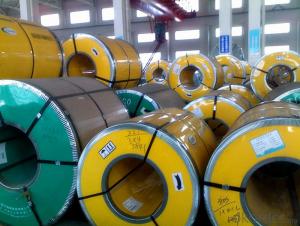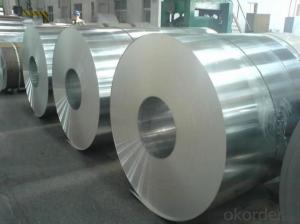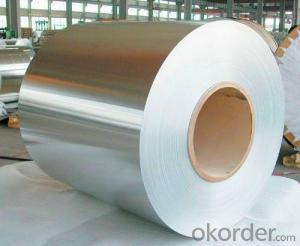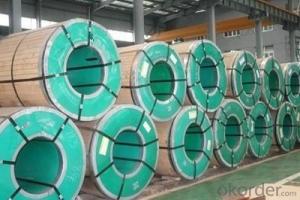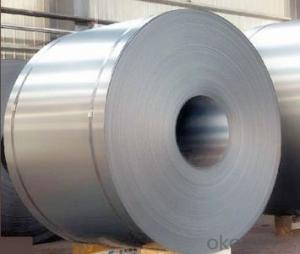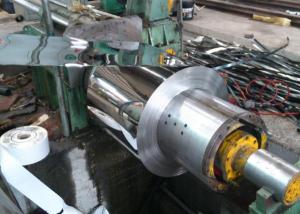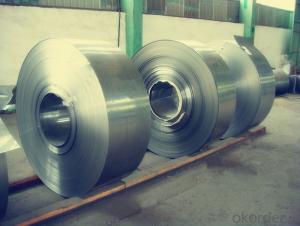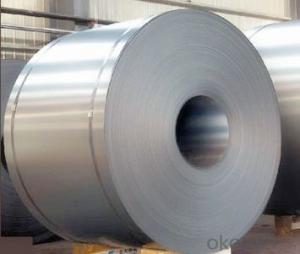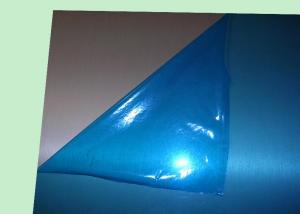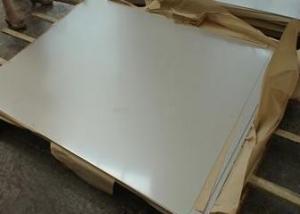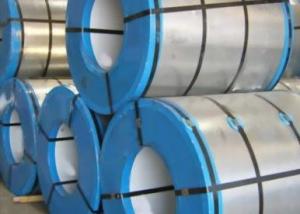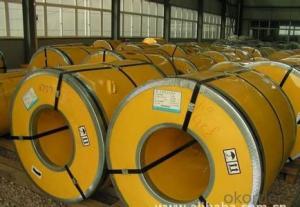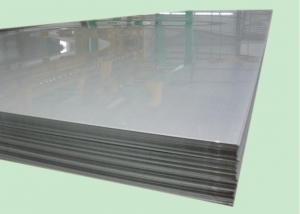AISI 201 Stainless Steel Coil
- Loading Port:
- China Main Port
- Payment Terms:
- TT or LC
- Min Order Qty:
- 1 Ton m.t.
- Supply Capability:
- 1000 Tons Per Month m.t./month
OKorder Service Pledge
OKorder Financial Service
You Might Also Like
AISI 201 Stainless Steel Coil
1. Chemical composition
|
C |
Si |
Mn |
P |
S |
Ni |
Cr |
|
max0.15 |
max1.00 |
5.50-7.50 |
max0.06 |
max0.03 |
max1.00 |
16.00-18.00 |
2. Mechanical properties
|
Yield Strength |
Tensile |
Elongation |
Hardness (HV) |
Hardness (HRB) |
|
245 |
640 |
40 |
253 |
100 |
3. Standard: AISI, ASTM, GB, EN, DIN, JIS
4. Surface: 2B, NO.1, BA, NO.4, Hairline, SB, Mirror finish, Anti-skid, Cherkered etc.
5. Size: Thickness: 0.3-3mm (cold rolled), 3-40mm (hot rolled)
Width: 1000mm or 1219mm or 1240mm for cold rolled, 1500mm for hot rolled.
Length: As customers' request.
6. MOQ: 1 Ton
7. Payment terms:T/T or L/C
8. Packing: Seaworthy package with wooden or Iron pallets with the paper and the steel strip, or as customers' request.
9. Delivery time: Usually about 7 days after we confirming the order, or according to your quantity.
If you have any question or demand, pls feel free to contact me.
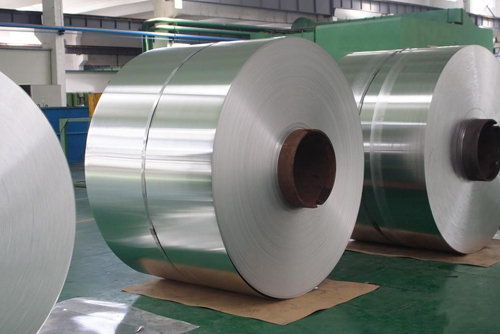
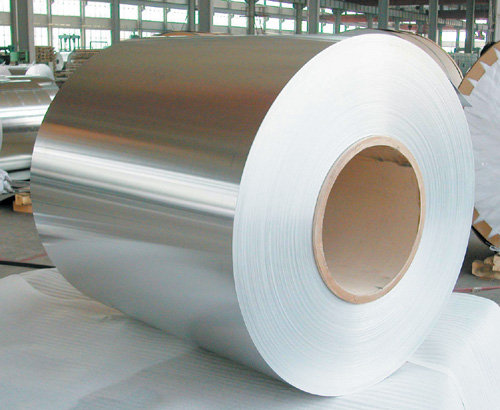
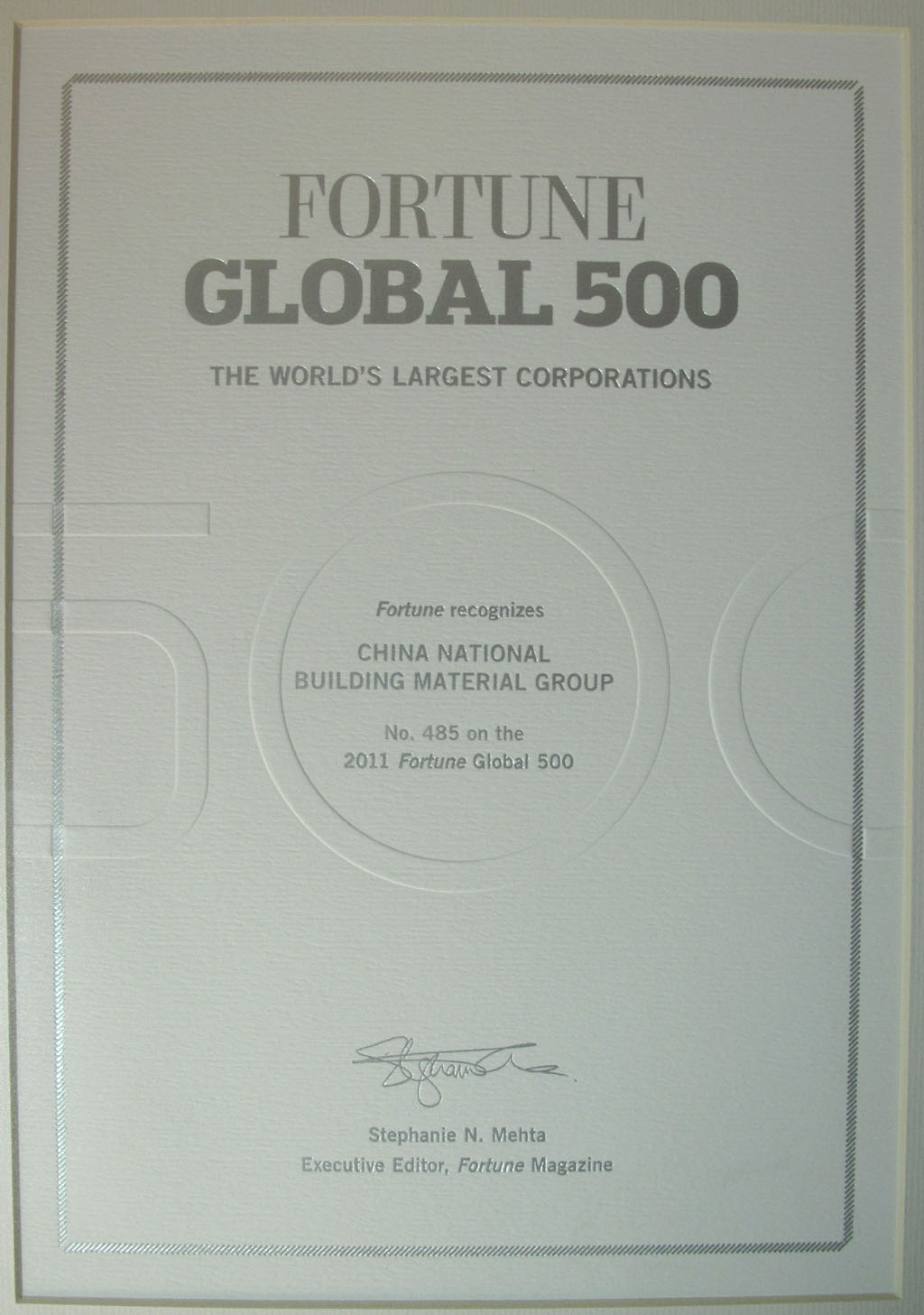
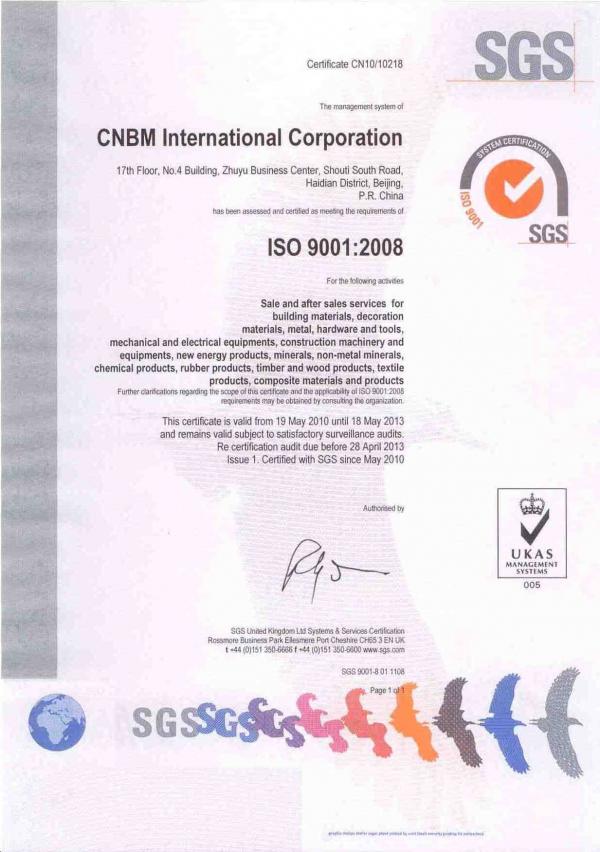
- Q: Can stainless steel strips be used in elevator components?
- Yes, stainless steel strips can be used in elevator components. Stainless steel is a popular material choice for various applications due to its durability, corrosion resistance, and aesthetic appeal. In elevator components, stainless steel strips can be utilized for different purposes like cladding, decorative finishes, and structural reinforcements. They can be used in elevator doors, panels, frames, handrails, and other parts where strength, hygiene, and resistance to wear and tear are crucial. Stainless steel strips are often chosen in elevator design and construction to ensure long-lasting performance and an attractive appearance.
- Q: How do stainless steel strips resist pitting?
- Stainless steel strips resist pitting due to the presence of chromium in the alloy, which forms a passive oxide layer on the surface. This oxide layer acts as a protective barrier, preventing the penetration of corrosive agents and thus reducing the risk of pitting corrosion.
- Q: What are the typical hardness values of stainless steel strips?
- Depending on the specific grade and type of stainless steel, the typical hardness values of stainless steel strips can vary. Generally, stainless steel strips have a hardness range of 150 to 250 on the Vickers hardness scale (HV). Certain grades of stainless steel may exhibit higher hardness values, exceeding 300 HV or even more, whereas others may have lower hardness values, approaching the lower end of the range. Additionally, it is worth noting that factors such as the heat treatment process and the strip thickness can also influence the hardness of stainless steel strips.
- Q: Can stainless steel strips be used in high-temperature environments?
- Indeed, one can utilize stainless steel strips in environments with elevated temperatures. Stainless steel exhibits remarkable heat resistance properties, rendering it ideal for scenarios that entail exposure to extreme temperatures. The extent of its heat resistance relies on the particular grade of stainless steel employed and the temperature range involved. Nonetheless, the majority of stainless steel grades can endure temperatures of up to 1000°C (1832°F) without compromising their mechanical attributes. Moreover, stainless steel's capacity to thwart oxidation and corrosion further enhances its aptness for high-temperature settings.
- Q: What are the common dimensions of stainless steel strips?
- The common dimensions of stainless steel strips can vary depending on the specific application and industry. However, there are some standard dimensions that are commonly available. Stainless steel strips are typically available in widths ranging from 0.5 inches to 24 inches (1.27 cm to 60.96 cm) and thicknesses ranging from 0.005 inches to 0.25 inches (0.0127 cm to 0.635 cm). Lengths can vary depending on the supplier and the customer's requirements, but standard lengths are often around 12 feet (3.66 meters) or 20 feet (6.1 meters). It is important to note that these dimensions are not exhaustive and can vary depending on the specific needs of the project or industry.
- Q: Can stainless steel strips be used in chemical processing industries?
- Yes, stainless steel strips can be used in chemical processing industries. Stainless steel has excellent corrosion resistance, high strength, and durability, making it suitable for various chemical applications. It is commonly used in the construction of tanks, pipes, valves, and other equipment where it comes into contact with corrosive chemicals. Additionally, stainless steel's hygienic properties and easy cleanability make it a preferred choice in industries that require strict cleanliness and sterility standards, such as pharmaceutical and food processing.
- Q: How do you prevent galling of stainless steel strips?
- One effective way to prevent galling of stainless steel strips is by applying a lubricant or anti-seize compound to the surface. This helps reduce friction and wear during sliding or rubbing contact, preventing the surfaces from seizing or sticking together. Additionally, using proper machining techniques, such as slow and steady cutting speeds, adequate cooling, and sharp cutting tools, can also minimize the risk of galling.
- Q: How do stainless steel strips handle exposure to chemicals?
- Stainless steel strips are highly resistant to the effects of exposure to chemicals. This is due to the inherent properties of stainless steel, which include high corrosion resistance and the ability to withstand a wide range of chemical substances. Stainless steel contains a minimum of 10.5% chromium, which forms a passive, self-repairing oxide layer on the surface when exposed to oxygen. This oxide layer acts as a protective barrier, preventing the steel from reacting with chemicals and thus preserving its integrity. Additionally, stainless steel contains other elements such as nickel and molybdenum, which further enhance its resistance to chemical attack. As a result, stainless steel strips are widely used in industries where they come into contact with various chemicals, such as pharmaceuticals, food processing, and chemical manufacturing. They can withstand exposure to acids, alkalis, solvents, and other corrosive substances, maintaining their strength and durability over time. However, it is important to note that the exact resistance of stainless steel to specific chemicals may vary, and it is advisable to consult the manufacturer or refer to corrosion resistance charts for more detailed information on the compatibility of stainless steel with specific chemicals.
- Q: What are the factors affecting the weldability of 111 stainless steel strips?
- The factors affecting the weldability of 111 stainless steel strips include the composition and purity of the steel, the presence of impurities or contaminants, the heat input during welding, the welding technique used, the type and composition of the filler material, and the welding parameters such as current, voltage, and travel speed. Additionally, the condition of the surface, including its cleanliness and roughness, can also affect the weldability of the stainless steel strips.
- Q: Can stainless steel strips be used for decorative purposes?
- Certainly, stainless steel strips can be utilized for decorative purposes without doubt. Renowned for its sleek and contemporary look, stainless steel has gained popularity in enhancing various applications with a touch of refinement and sophistication. Whether used for architectural embellishments, interior design components, or even jewelry, stainless steel strips can be molded, buffed, and completed to fashion an extensive array of ornamental patterns and designs. Moreover, stainless steel possesses exceptional durability and resistance against corrosion, rendering it fitting for both indoor and outdoor decorative applications.
1. Manufacturer Overview
| Location | Guangzhou,China |
| Year Established | 2001 |
| Annual Output Value | Above US$0.5 Million |
| Main Markets | Southeast Asia, Europe |
| Company Certifications | ISO 9001:2008; |
2. Manufacturer Certificates
| a) Certification Name | |
| Range | |
| Reference | |
| Validity Period |
3. Manufacturer Capability
| a) Trade Capacity | |
| Nearest Port | Shanghai |
| Export Percentage | 30% |
| No.of Employees in Trade Department | 10 People |
| Language Spoken: | English;Chinese |
| b) Factory Information | |
| Factory Size: | Above 30,000 square meters |
| No. of Production Lines | Above 7 |
| Contract Manufacturing | OEM Service Offered;Design Service Offered |
| Product Price Range | Average |
Send your message to us
AISI 201 Stainless Steel Coil
- Loading Port:
- China Main Port
- Payment Terms:
- TT or LC
- Min Order Qty:
- 1 Ton m.t.
- Supply Capability:
- 1000 Tons Per Month m.t./month
OKorder Service Pledge
OKorder Financial Service
Similar products
Hot products
Hot Searches
Related keywords
